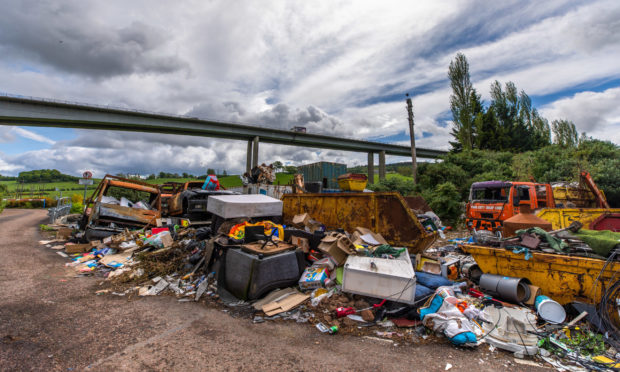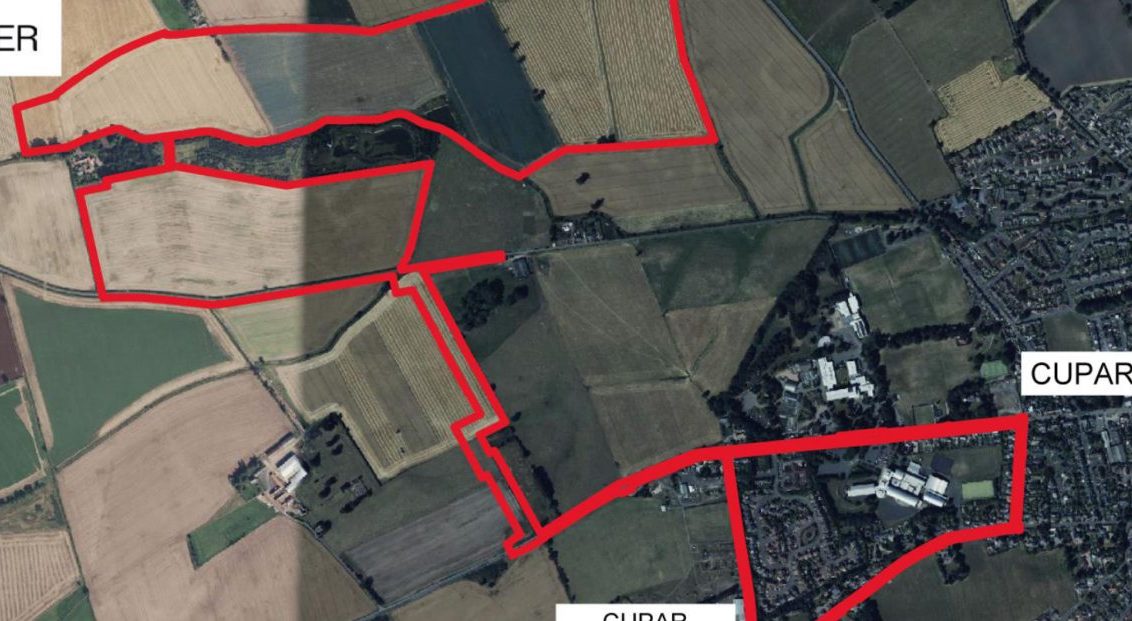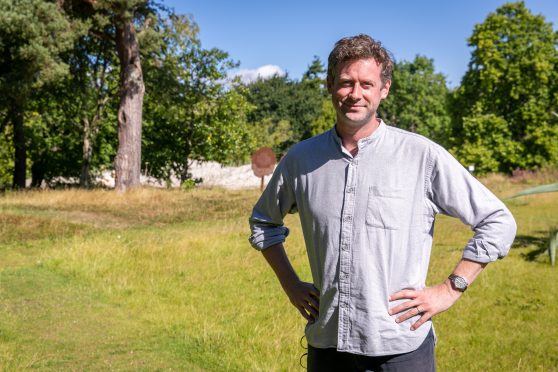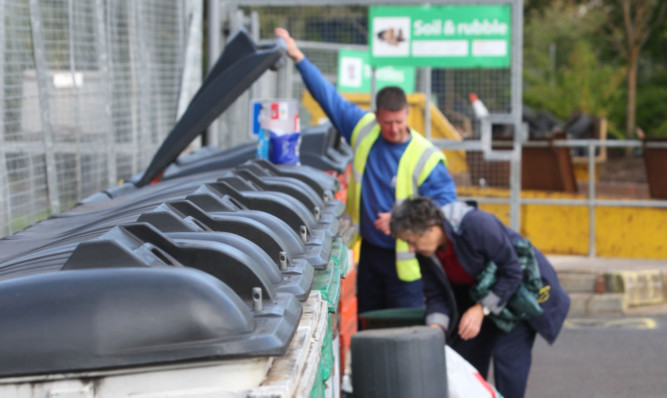Perth and Kinross Council have handed out just two fines for fly-tipping in six years despite complaints skyrocketing across the region.
The local authority’s light-handed approach to fixed penalty notices (FPN) is in stark contrast to other council areas in Tayside with Dundee dishing out 90 fines since 2016 and reporting three cases to the procurator fiscal.
At Angus Council, 20 FPN have been given out in the last six years in relation to fly-tipping.
The lack of penalty notices in Perth and Kinross comes despite a huge rise in reported cases of illegal dumping in the area.
Fly-tipping reports have jumped from 523 in 2015 to 1,141 in 2019. By November 22 2020 there has already been 1,384 cases reported to the local authority figures obtained through a freedom of information request reveal.
In total, 5,691 cases have been brought to the attention of Perth and Kinross Council since 2015, resulting in just two fines – both of which came in 2o2o.
By comparison, illegal dumping numbers dropped in Dundee from 1,494 in 2016 to 655 between March and November 22 of 2020.
In Angus, the highest reported figure over the past six years was in 2018 with 632 cases.
Councillor Angus Forbes, convener of environment and infrastructure at Perth and Kinross Council, says he is pushing the local authority to start issuing more FPNs.
He also called for local authorities to be given more powers to tackle the problem.
Councillor Forbes told The Courier: “No one should be in any doubt how seriously we take this problem and I am delighted that Perth and Kinross Council have started to issue Fixed Penalty Notices.
“But all local authorities are dependant on the procurator fiscal as to whether or not these penalty notices are ever taken to court and the procurator fiscal doesn’t have the resources to pursue these.”
He added: “This is something that needs to be changed and it’s my view that local councils should be allowed to pursue fixed penalty notices through the courts themselves.”
However, the Conservative councillor for Carse of Gowrie believes it is unfair to compare the fines issued in Dundee and Perth and Kinross due to land mass.
He said: “Its simply impractical to compare us with Dundee, firstly we have a land mass of over 5,000 km sq compared to 60 km sq of Dundee.
“Most of our area is rural with good trunk road connections, ideal for professional fly-tippers.
“Take my ward for example – the A90 runs right through it and there are many fly-tipping hot spots within a couple of minutes drive from the main road. A lot of the fly tipping I found there over the summer originated in Dundee.
“Secondly, different authorities may count fly tipping differently, for example in Perth and Kinross Council we count additional waste left beside domestic bins as fly tipping.”
Councillor Forbes also bemoaned the additional pressures fly-tipping put on farmers with a considerable amount of waste dumped on private land.
He added that changing views on the issue was the best way of tackling the growing problem.
“Whilst FPNs are part of the solution, and I am pushing the council to issue more of them, we need to look at other solutions too, ” said Councillor Forbes.
“My view is that prevention is always better than cure and the real solution lies in a change of attitude so I would strongly recommend home owners question anyone who works for them – whether that’s gardeners, builders, plumbers or any other trades person who offers to dispose of their waste – ask them where the waste is going and ask if they have a waste transfer licence.
“Waste is the owners responsibility so if fly tipping is discovered with evidence linked to your address, it will be you that the council come to speak to.”
Perth and Kinross Council has set up a new fly-tipping fund people can apply for to help clean up problem areas.









